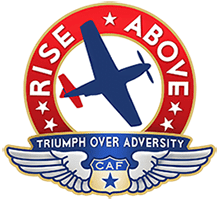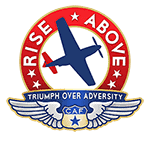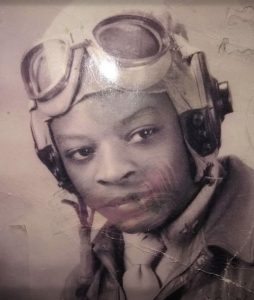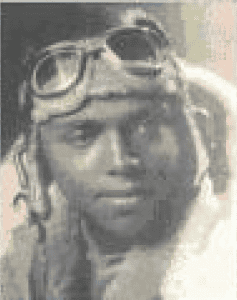 2nd Lt William M. Wheeler
2nd Lt William M. Wheeler
August 20, 1923 – July 19, 2011
Class: 44-C-SE
Graduation Date: 3/12/1944
Unit: 332nd Fighter Group, 302nd Fighter Squadron
Service #
William was born in Detroit on Aug. 20, 1923, the second of four children of Ada and Leon “Toy” Wheeler. His father, who is credited as Detroit’s first black recreation employee, ran the Brewster Recreation Center – later renamed Brewster Wheeler in Leon Wheeler’s honor. Joe Louis and Sugar Ray Robinson learned boxing there during his tenure.
His father’s job shielded the family from economic hardship, but not from the racial animosity directed at the city’s growing population of black southern migrants. Wheeler said the murder of a friend by a white mob helped persuade him to leave Detroit and attend Howard University.
While Wheeler was at Howard, the National Association for the Advancement of Colored People persuaded President Franklin Roosevelt to end the military’s refusal to train black pilots. With the eyes of the world watching in 1941, the Army began an all-black flight school at Tuskegee, Alabama.
Wheeler took an aptitude test, scored well, and in 1943 went to Washington’s Union Station to catch a train south.
When William M. Wheeler was a sophomore at Howard University in 1943, he swallowed his racial hurt, boarded a segregated train in Washington, D.C. and headed south.
Ahead of him awaited a groundbreaking aviation program that would eventually train the 994 black pilots who became known as the Tuskegee Airmen.
“I hated the country at the time, and wasn’t sure I wanted to fight for it,” Wheeler, a 47-year Hempstead N.Y. resident, said in 2010. “But I realized that despite our nation’s injustices, even slaves had fought for this country and that black people had fought in every U.S. war since. I felt I couldn’t let that tradition down.”
After completing Basic Training at Keesler Field, MS, he was transferred to Tuskegee Institute, AL, to begin Flight Training as an Aviation Cadet. He quickly conquered the Piper Cub, the Stearman PT-17, the Vultee Vibrator BT-13, and the North American AT-6 Texan. He earned his wings as a fighter pilot in March 1944 and was commissioned a 2nd Lieutenant.
He began combat fighter training in the Curtiss P-40 Warhawk and completed his training at Walterboro Army Air Corps Base, SC, in the Republic P-47 Thunderbolt. He was then sent to Eglin Army Air Base, FL, where he completed bombing and aerial gunnery training.
Lt. Wheeler was sent to Ramitelli, Italy in August 1944, as a replacement pilot assigned to the 302nd Fighter Squadron for the 332nd Fighter Group. He qualified in the P-51D Mustang and flew combat missions to Germany, Yugoslavia, Hungary, Albania and Greece, escorting allied bombers and strafing enemy troops, vehicles and airfields. He was credited with destroying three bombers on strafing missions: two Heinkel HE-111s and a Junkers JU-52.
On his last mission, he became anoxic and lost consciousness at 36,000 feet over Germany. His P-51 spun out of control until he regained consciousness and recovered at 8,000 feet. Miraculously, he was able to return safely to his home base. This near-fatal incident led to a medical inquiry which determined that Lt. Wheeler’s respiratory problems would render him vulnerable to repeated anoxic attacks on missions requiring the use of oxygen. He asked to be transferred to the Eighth Air Force which was flying low-level missions, but his request was denied because the Army Air Corps was still segregated at that time. Lt. Wheeler was Honorably Discharged in August 1945.
After returning to the US in August 1945, Lt. Wheeler worked for Data Digests, Inc., a major international financial publishing company, eventually becoming Vice President of Production and Distribution. In the 1970s, he worked as a Methods and Procedures Analyst on the A-10 Warthog and Space Shuttle projects at Fairchild Republic Company’s Farmingdale, NY, plant. In 1977, he joined National Bank of North America and its successor, National Westminster Bank, initially as a Purchasing Manager and eventually, rising to Vice President/Director of Purchasing, Printing, Central Supply and Distribution.
He retired from the business world in 1991, and in 1999, began participating in The Tuskegee Airmen’s Speakers Bureau. He made many presentations throughout the country in many different venues each year on his favorite subject — The Tuskegee Airmen story.
Wheeler frequently participated in oral history projects, traveling to schools, air shows and aviation museums across the country to tell the story of the black fliers.
“He understood the role of living history, and as a result, his inexhaustible energy saw him in classrooms, assemblies and constantly at Airpower,” said Gary Lewi, a spokesman for the American Airpower Museum in Farmingdale, where Williams frequently participated in historic programs.
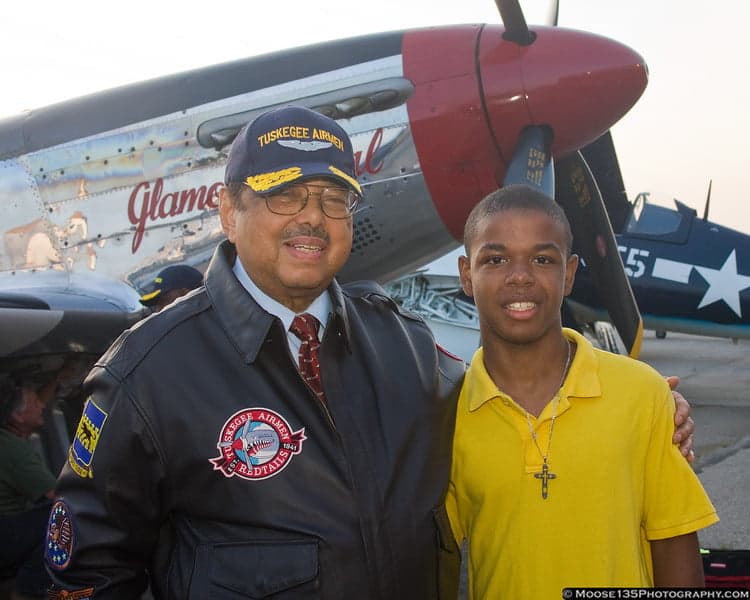
William Wheeler loved aviation and working with young people to enter the industry. Photo courtesy John Musolino.
Sources:
Aviatorspost.org
Inside the Wire
Metro Airport News
